Japanese Finance Minister Katsunobu Kato - Photo: AFP
According to Bloomberg news site , Japanese Finance Minister Katsunobu Kato on September 16 publicly opposed the US proposal to ask G7 countries to impose higher tariffs on China and India to pressure Russian President Vladimir Putin to end the war in Ukraine.
"Japan has committed within the framework of the World Trade Organization (WTO) that it will not impose tariffs exceeding the prescribed limit and will treat all member countries fairly, as long as other countries comply with their obligations under WTO agreements," Minister Katsunobu Kato affirmed.
"It would be difficult for us to increase tariffs by, for example, 50% just because a country imports oil from Russia," Mr. Kato stressed.
The statement was made after the G7 group discussed sanctions against Russia in an online meeting on September 12. During the meeting, the US called on G7 countries to consider imposing tariffs of up to 100% on China and India for continuing to buy Russian oil.
In addition, the Washington administration also proposed measures to restrict import and export trade to control the flow of Russian energy, as well as prevent the transfer of dual-use technology to Moscow.
Tokyo remains cautious about this effort, especially as Japan continues to import oil and liquefied natural gas (LNG) from Russia. Russia’s Sakhalin-2 project, located north of Japan, is an important source of LNG for the land of the rising sun.
These shipments are not subject to Western restrictions, and LNG from the plant is not subject to sanctions. According to Japan’s trade ministry, about 1% of the country’s oil imports in June came from Russia.
Mr. Kato said Japan is considering the most effective measures and is closely coordinating with its G7 partners to support efforts to stop Russia's war in Ukraine. G7 officials are currently working on a new sanctions package and expect to complete the text within the next two weeks.
In another development, US President Donald Trump declared his readiness to impose "major sanctions" on Russian energy exports if countries in the North Atlantic Treaty Organization (NATO) take similar actions.
While many European countries have reduced or stopped importing Russian oil, some NATO members, including Hungary, oppose stricter European Union (EU) proposals targeting Russia's energy sector.
HA DAO
Source: https://tuoitre.vn/tokyo-bac-de-xuat-cua-my-khong-the-tang-thue-mot-quoc-gia-chi-vi-ho-mua-dau-nga-20250916215558222.htm


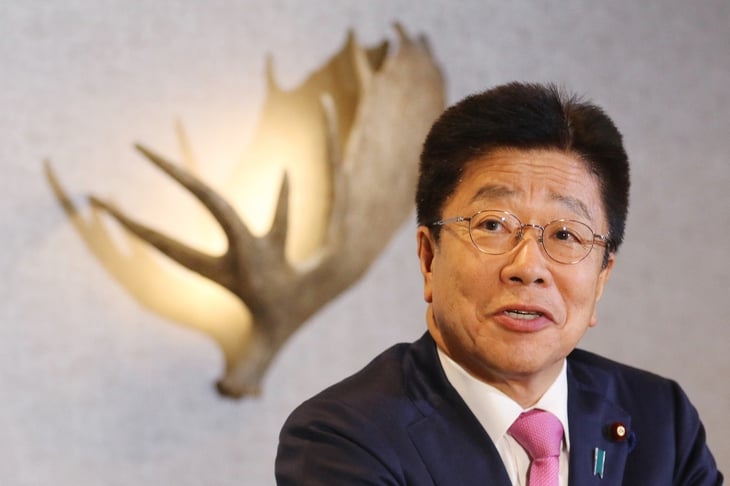


![[Photo] President Luong Cuong receives US Secretary of War Pete Hegseth](https://vphoto.vietnam.vn/thumb/1200x675/vietnam/resource/IMAGE/2025/11/02/1762089839868_ndo_br_1-jpg.webp)

![[Photo] Lam Dong: Images of damage after a suspected lake burst in Tuy Phong](https://vphoto.vietnam.vn/thumb/1200x675/vietnam/resource/IMAGE/2025/11/02/1762078736805_8e7f5424f473782d2162-5118-jpg.webp)








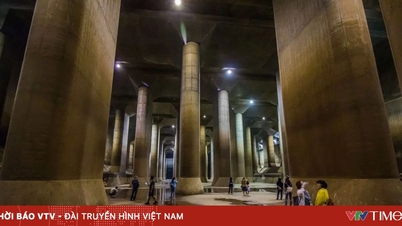

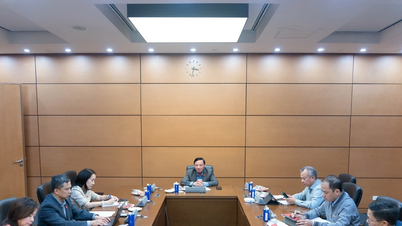

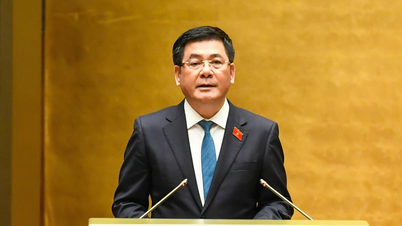



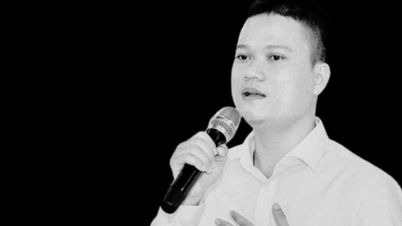

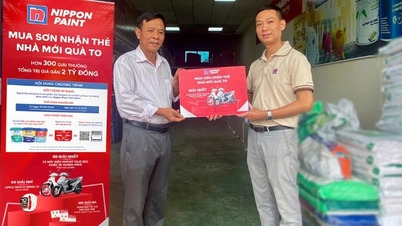
































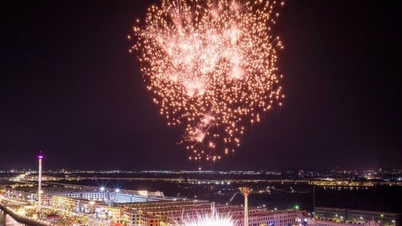

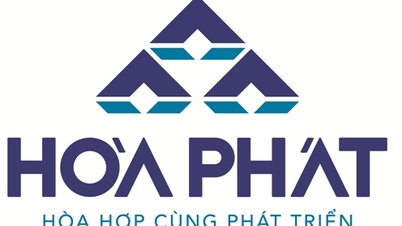








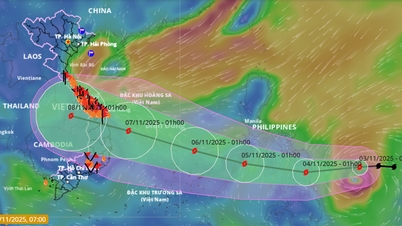
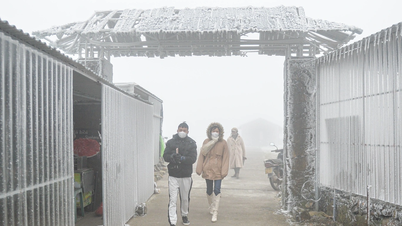
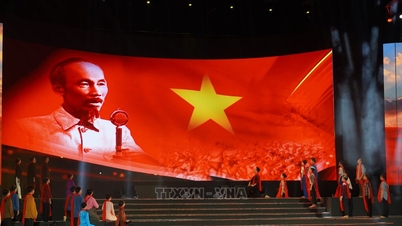
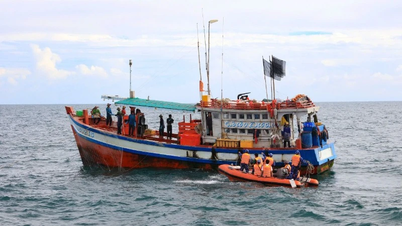
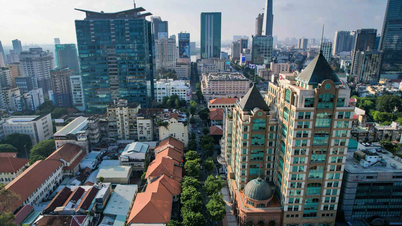


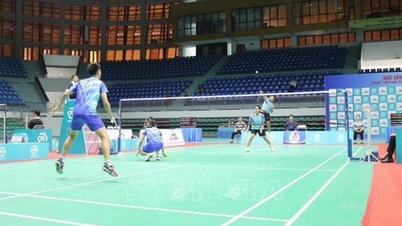
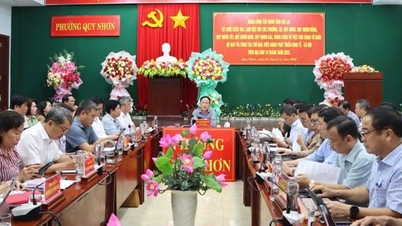



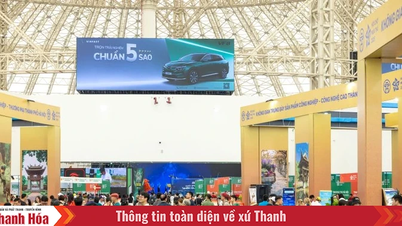

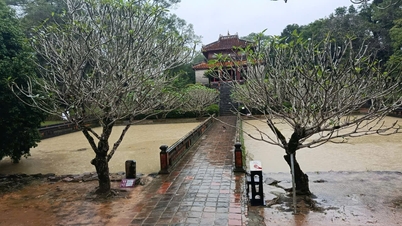

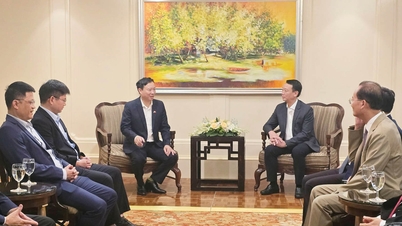


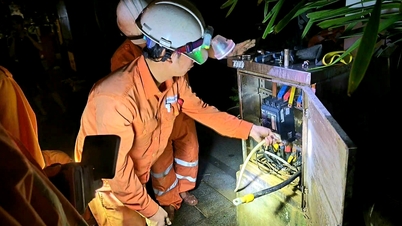
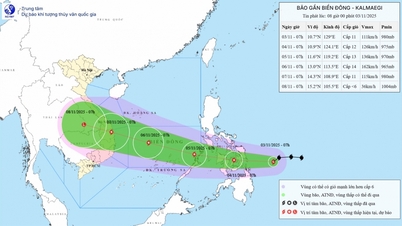














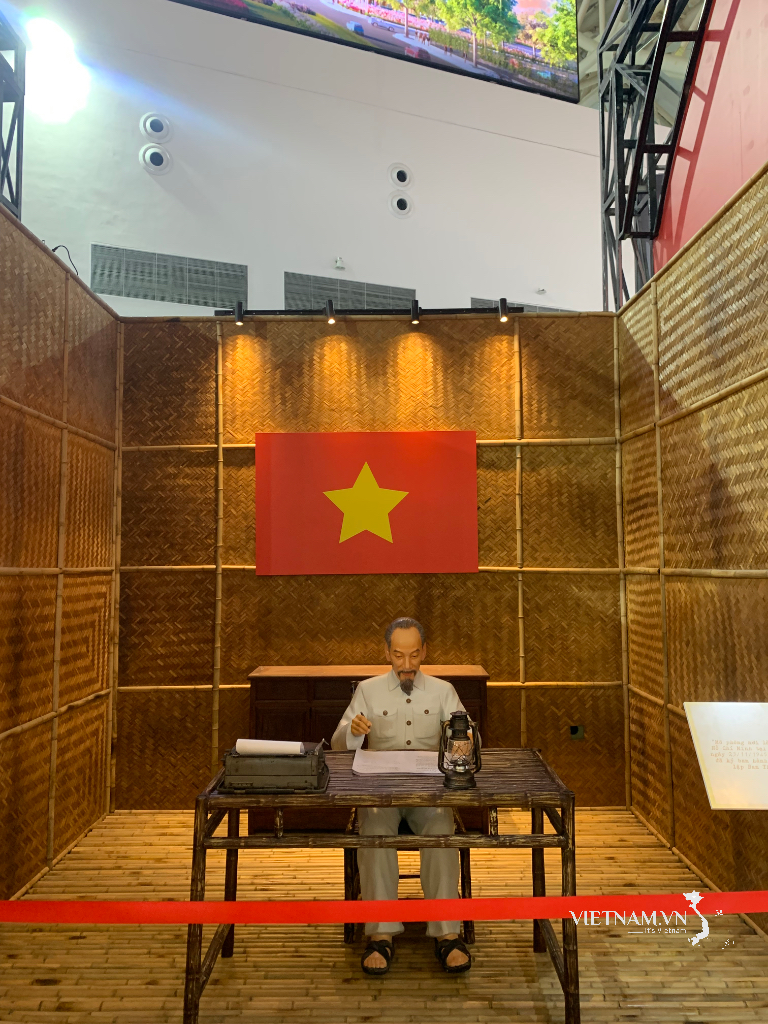

Comment (0)